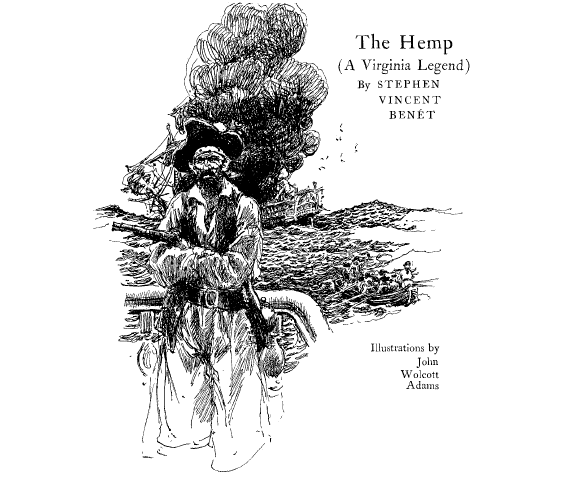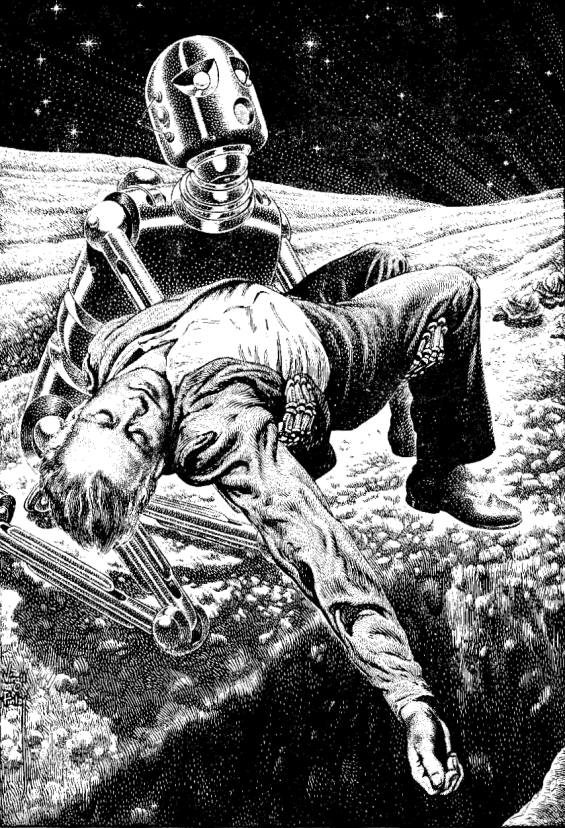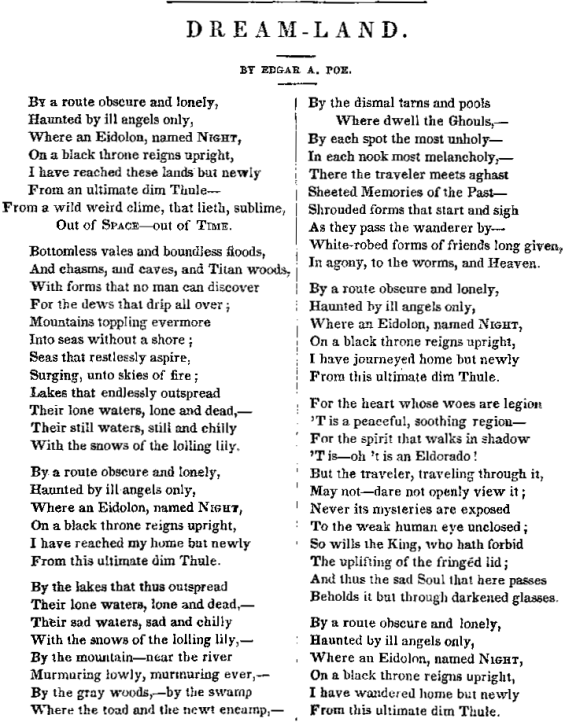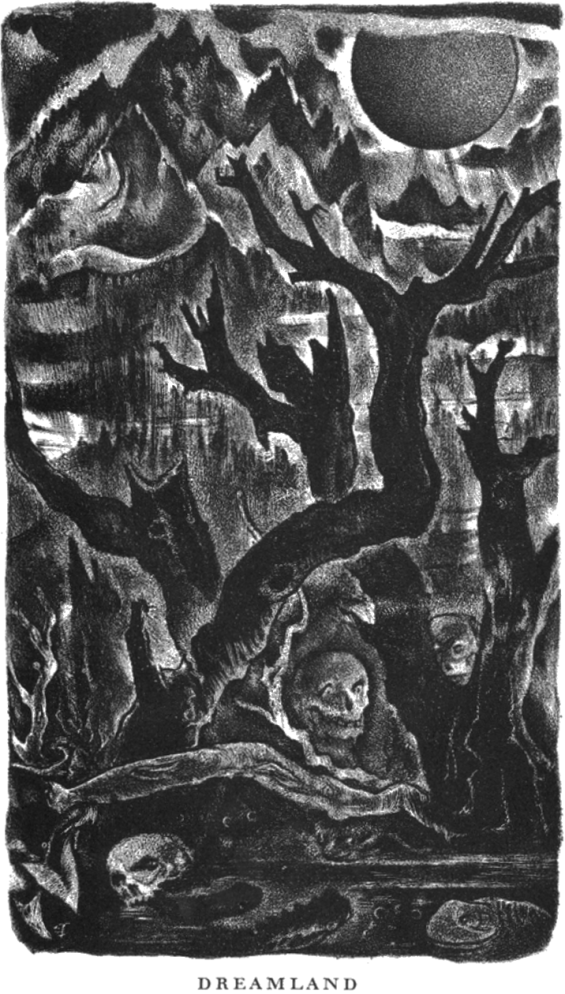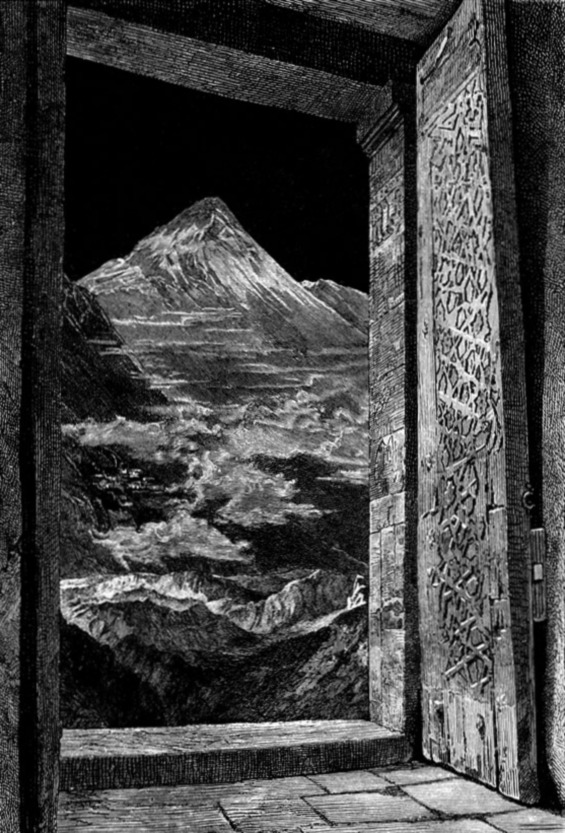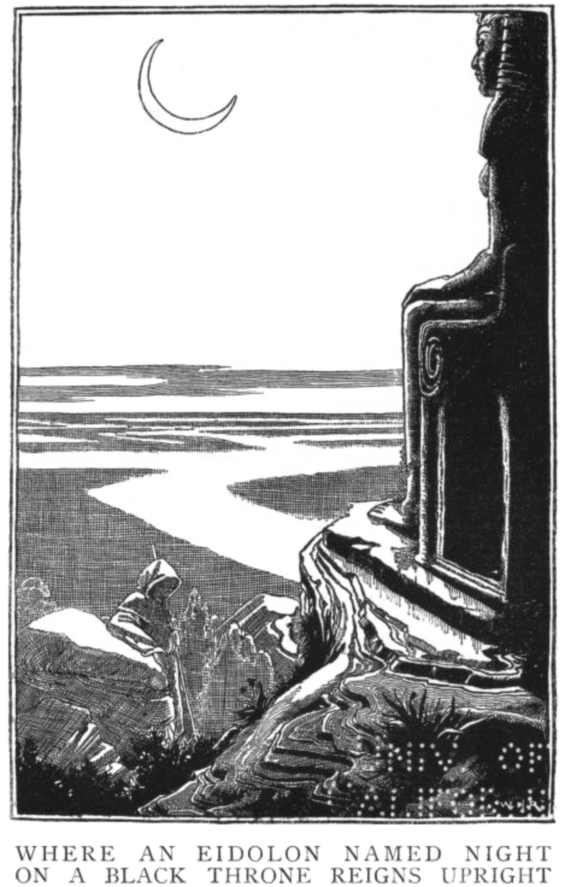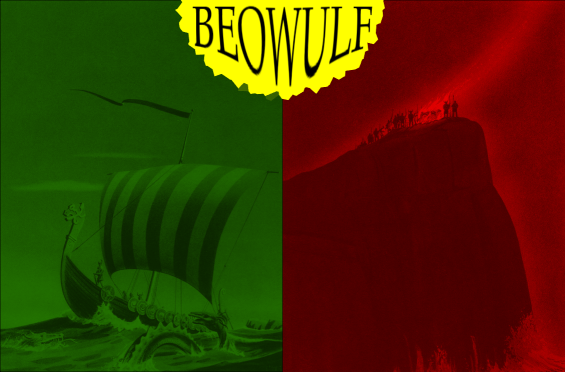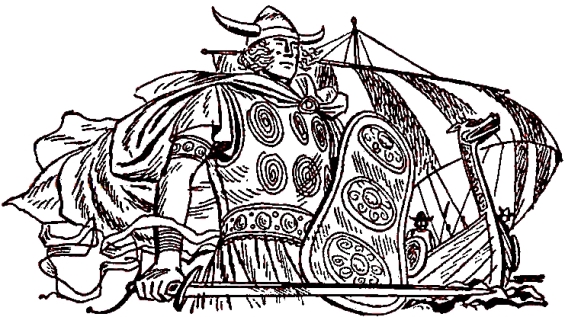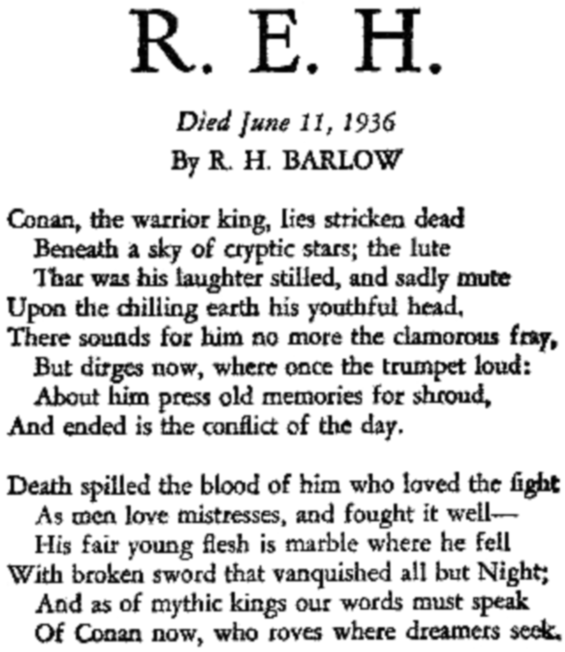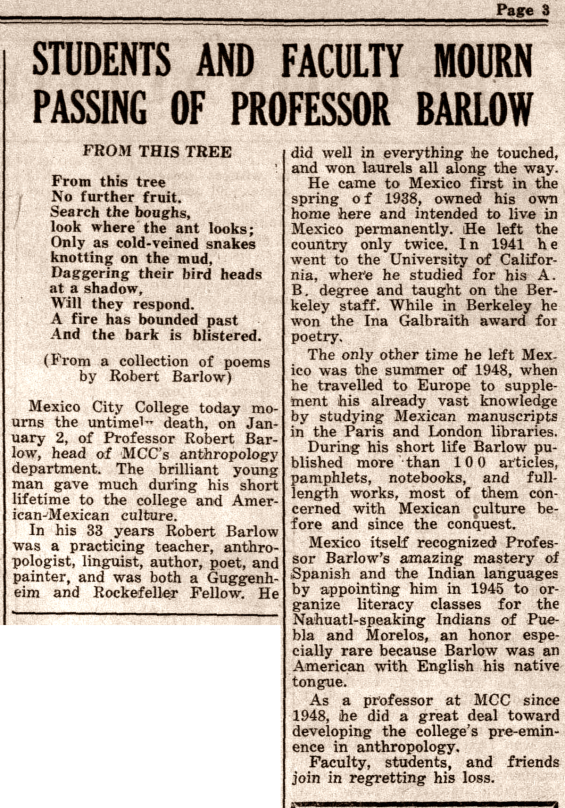
 The SFFaudio Podcast #198 – Jesse, Tamahome, Jenny, and Professor Eric S. Rabkin discuss The Martian Chronicles by Ray Bradbury.
The SFFaudio Podcast #198 – Jesse, Tamahome, Jenny, and Professor Eric S. Rabkin discuss The Martian Chronicles by Ray Bradbury.
Talked about on today’s show:
Rock Hudson, The Martian Chronicles (TV adaption), Eric’s Coursera course (Fantasy and Science Fiction: The Human Mind, Our Modern World), The Million Year Picnic, I, Mars, The Moon Be Still As Bright, Usher II, the hot dog stand on Mars, fix-up, The Long Years (a robot family), Night Call Collect, There Will Come Soft Rains, a book of poems, novels of recurring characters, “composite novels”, “the culminating image of the whole book”, Cortez burning his ships, “were definitely going to need the daughters” (if the daughters are willing), Joanna Russ, Picnic On Paradise, The Million Year Picnic, “tamed nature”, the publisher’s motivation, Walter Bradbury, the market change (with Ballantine Books), “Mammon rules again”, the table of contents, Way In The Middle Of The Air, a more Edenic ending, 1984, North Korea, Earth Abides, the Golden Gate Bridge, getting a sense of the author, H.P. Lovecraft, colour, repetition, word choice, Spender, The Moon Be Still As Bright, Captain Wilder, the instinct to be cruel, the instinct to minimize the horror, the instinct to shoot the tomb robbers, feeling the emotion he’s trying to give us, the physics, nostalgic, seeing it from all sides, Farewell Summer, Bradbury’s gut reactions, The Martian Chronicles as a fairy tale, Isaac Asimov’s reaction, Fantasies set in space, Usher II and censorship, “the Poe machines”, the colour of Mars’ sky (blue and pink), the Martian canals, The Green Morning, Johnny Appleseed, the epigraph, “…space travel has again made children of us all.”, Christopher Columbus, the Chicken Pox plague, Another America, telepathy, the noble savage, a symbolic America, The Pedestrian, Bradbury was a strange guy, Fahrenheit 451, Edgar Rice Burroughs, the Martian high culture, the second expedition, “look up in space, we could go to the Moon!”, dinosaurs!, Mars Is Heaven, Science Fiction is supposed to have knowledge in it, imagery (sight, light, and fire), the brass band, Columbia, The Gem Of The Ocean, music, Humans are technological, Martians are emotional, the window, Beautiful Ohio, music dominates (not intellectual knowledge), Genevieve Sweet Genevieve, “fully lyrical”, the fire lay in the bed and stood in the window, the dog symbolizes the entire loss of the human race, the long monologues, getting it without filtering it, The Musicians, Rocket Summer, “it made climates”, the silences, the music as a symbol for American culture, the killing spree, The Off Season parallels with the second expedition, an inversion, Bradbury has it every way, Emma Lazarus, The New Colossus, Sam Parkhill, an epitome of perverted American ideals, Bradbury loves hot dogs, Dark Carnival, Something Wicked This Way Comes, mournful Mars, America by Ray Bradbury, the Wikipedia entry for The Martian Chronicles, The Taxpayer, the urge to improve, alas, the silhouettes on the house, Chernobyl vs Hiroshima, a grim meme, what gives this book it’s staying power?, Nightfall by Isaac Asimov, L’Anse aux Meadows and Roanoke, maybe it’s circular, “we’re the Martians now and we will be again”, Night Meeting, Stephen Hoye narrated Blackstone Audio, Bradbury’s reading, Bradbury’s first flight, Harlan Ellison, wasting time on the internet, Ylla, The Ray Bradbury Theater, Mardi by Herman Melville, making this book cohere, what part doesn’t fit?, reading it as short stories, “it’s an American book”, robots, decommissioning is murder, Ray Bradbury and Philip K. Dick had a shared contempt for litterers, crassness, The Electric Ant, Do Androids Dream Of Electric Sheep?, I Sing The Body Electric, Walt Whitman, “it’s the music!”, there’s no switch, gingerbread and tea, Helen O’Loy by Lester Del Rey, are there stories not included in The Martian Chronicles that should have been?, Way In The Middle Of The Air, The Other Foot, different editions of The Martian Chronicles, The Illustrated Man, The Fire Balloons, Stranger In A Strange Land, Grouch Marx (Lydia the Tattooed Lady), The Penal Colony by Franz Kafka, The Veldt, The City, Rod Steiger, Dandelion Wine, The Canterbury Tales by Geoffrey Chaucer.

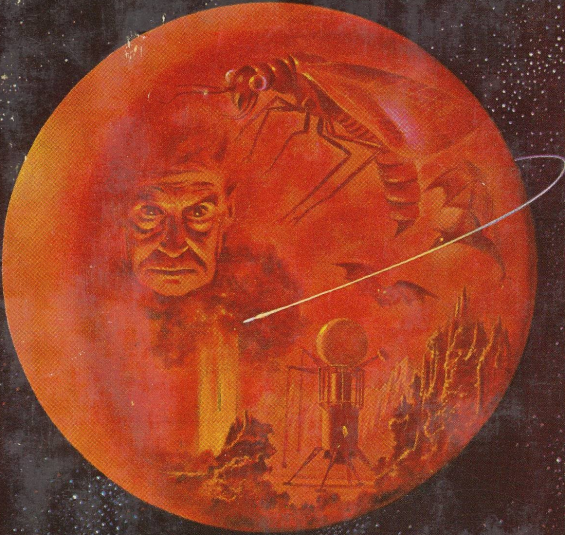
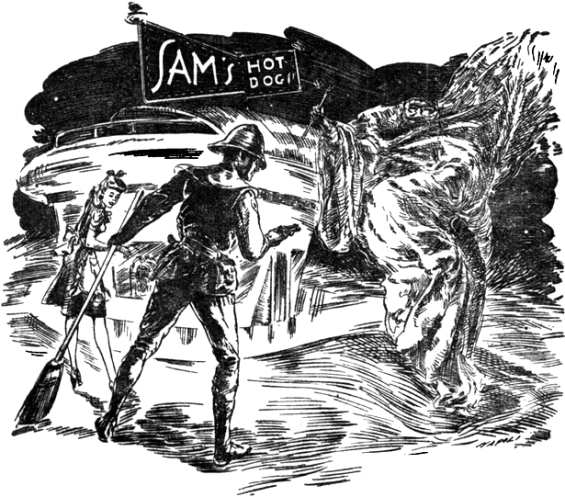
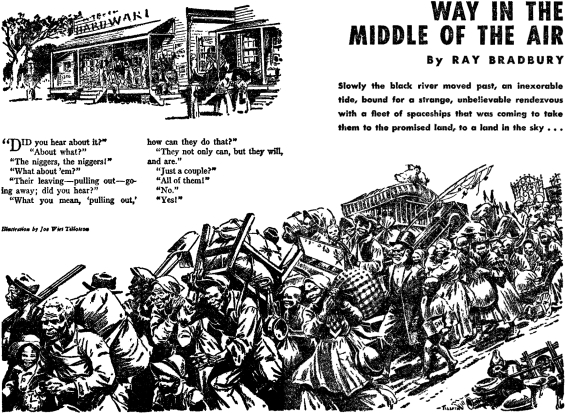
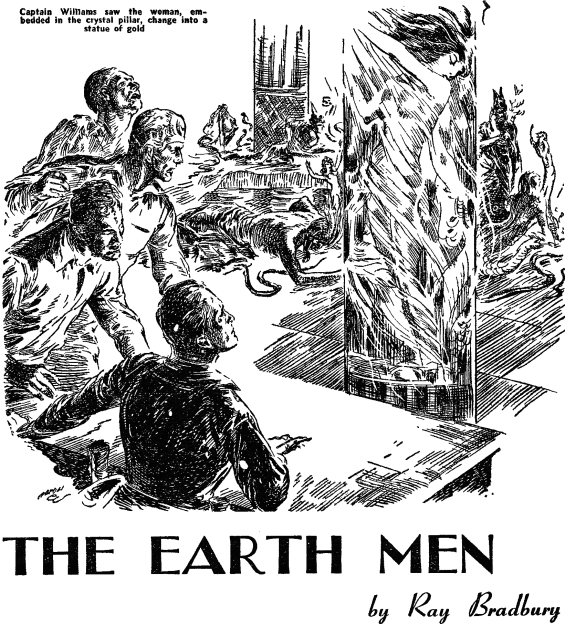
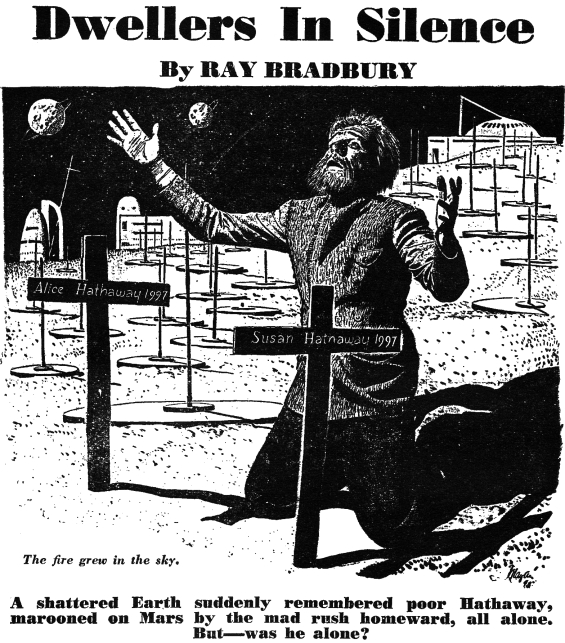
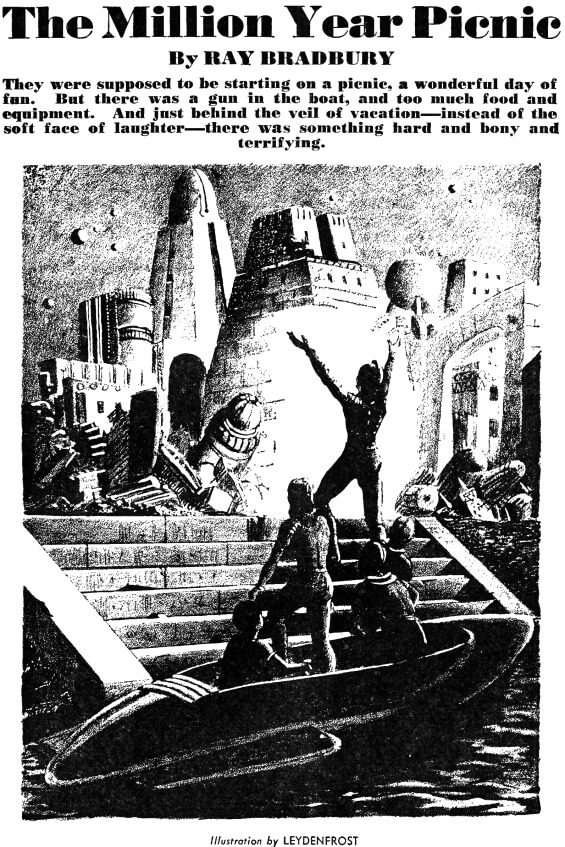
Posted by Jesse Willis

